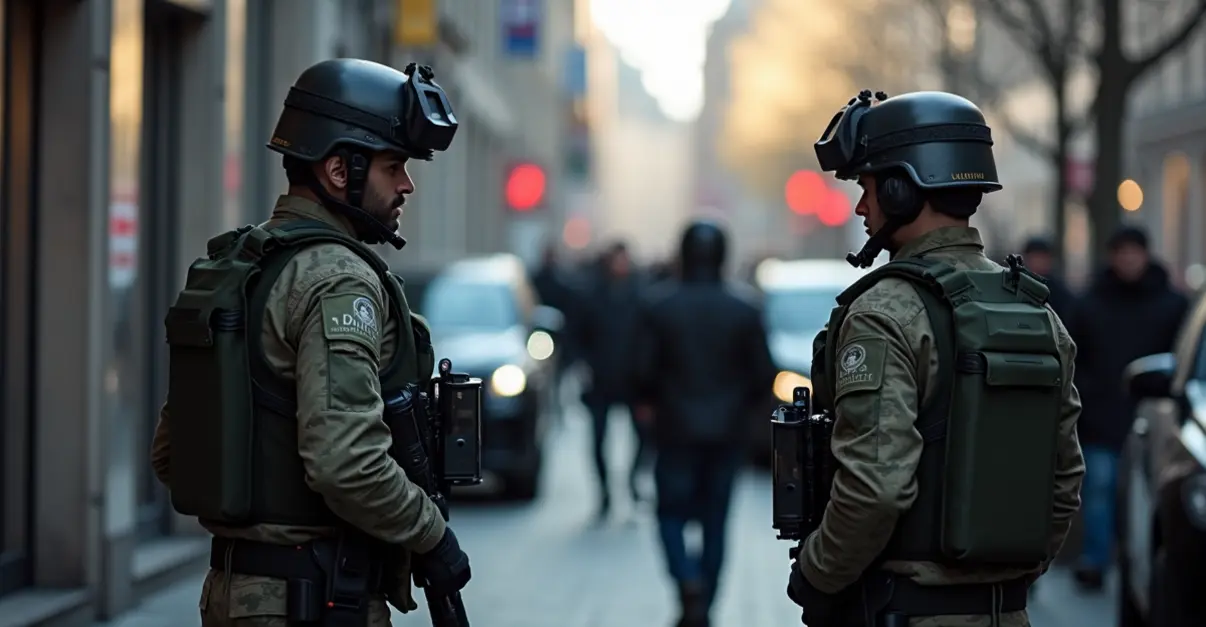
Belgian Government Proposes Military Intervention Against Drug Violence
Belgian Interior Minister Quintin has announced plans to deploy military personnel in Brussels to combat escalating drug-related violence in the capital city. The controversial proposal comes as Brussels faces increasing incidents of shootings and organized crime linked to drug trafficking networks.
Strategic Security Measures
According to Minister Quintin, the military would work alongside local police forces in joint patrol operations. The comprehensive security plan also includes establishing an extensive network of surveillance cameras throughout the city and creating specialized police units dedicated to fighting drug criminality. "We cannot afford to lose any domestic territory to criminal elements," Quintin stated in interviews with Belgian media.
Legal Framework and Implementation
Defense Minister Francken confirmed that the legal framework for military deployment in domestic security operations is already prepared. Current Belgian legislation prohibits military personnel from performing police duties, requiring specific authorization for such operations. The ministers plan to discuss the proposal in the upcoming cabinet meeting, though details regarding the extent of military powers remain unclear.
Expansion to Other Cities
The initiative is not limited to Brussels. Minister Quintin intends to implement similar security measures in Antwerp, Ghent, Liège, Charleroi, and Mons, with other municipalities having the option to request military assistance if needed.
Mixed Reactions from Stakeholders
The announcement has generated diverse responses across Belgium. Jurgen De Landsheer, police chief of Brussels South, supports the move, stating his region experiences the highest number of violent incidents and welcomes additional support. However, political opposition has been critical.
The Green party, a Flemish progressive opposition group, called the plan "an admission of failure" by Minister Quintin, arguing that with over 50,000 police officers, the government should be able to ensure public safety without military intervention. "Public space security should remain a police responsibility, not a military one," they stated.
Local neighborhood committees in Brussels have expressed relief that concrete actions are being taken, having long demanded federal and regional government intervention. Meanwhile, the ACMP military union expressed concerns about unclear operational parameters, stating "the homework isn't finished yet" regarding military jurisdiction and responsibilities.
This development reflects growing concerns across European cities about organized crime and drug-related violence, with Belgium taking unprecedented measures to address security challenges in its capital.

 Nederlands
Nederlands English
English Français
Français Deutsch
Deutsch Español
Español Português
Português







